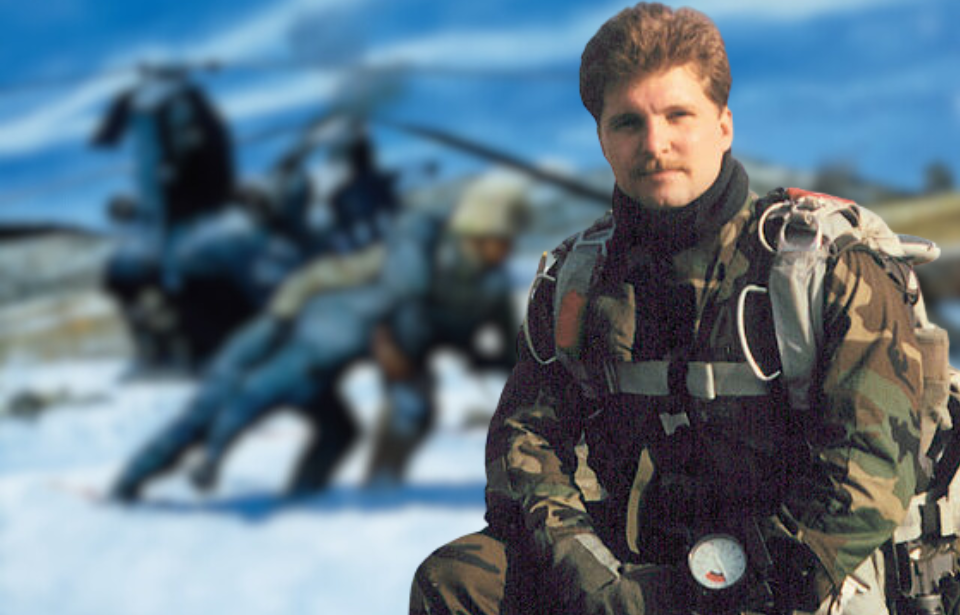Many soldiers demonstrate extraordinary bravery in combat and are often acknowledged for their courage shortly afterward. However, others must wait much longer for recognition, such as Master Sgt. John Chapman, who was awarded the Medal of Honor 16 years after his remarkable acts of heroism on the battlefield.
John Chapman’s entry into the US Air Force
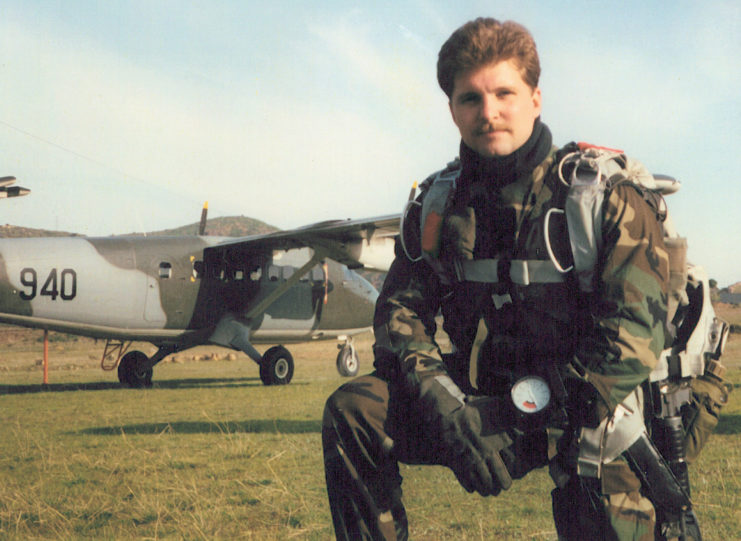
John Chapman was born in 1965 in Springfield, Massachusetts. He later moved to Connecticut, graduating from Windsor Locks High School in 1983. Two years later, he enlisted in the US Air Force, joining while the Cold War was still underway. At the time, the Soviet Union was engaged in a conflict in the mountains of Afghanistan, a war that, less than two decades later, would mirror America’s own struggle in the same treacherous terrain.
Chapman trained as a combat controller, specializing in coordinating fire for ground operations, which led him into the special operations community. He was assigned to the 24th Special Tactics Squadron, based at Pope Air Force Base, North Carolina.
After the September 11th attacks, as the US prepared for combat, Chapman was deployed to Afghanistan, where he would soon cement his place in military history.
Operation Anaconda
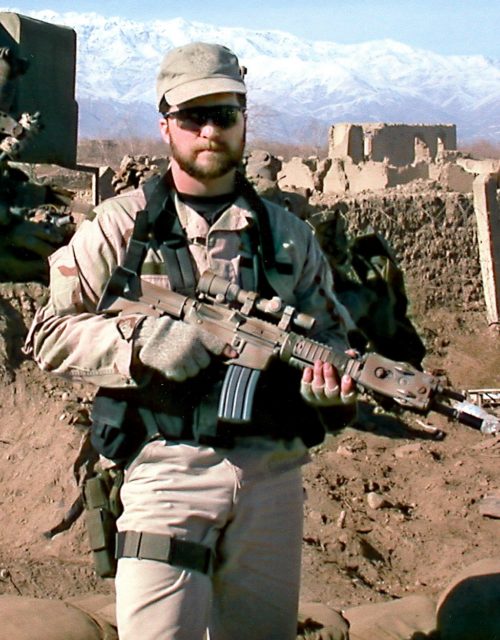
By March 2002, the American invasion of Afghanistan was advancing with steady progress. The Taliban and Al-Qaeda showcased their resilience, using the country’s rugged terrain to counter the coalition’s technological edge.
In response, the coalition launched Operation Anaconda, targeting enemy positions in the Shahi-Kot Valley and Arma Mountains. On March 4, John Chapman boarded a Boeing MH-47E Chinook, joining a team of US Navy SEALs for what would later become known as the Battle of Takur Ghar.
The operation eventually faced intense scrutiny, resulting in major losses for the Special Operations community. Whether due to planning errors or challenging circumstances, Chapman and the Navy SEALs encountered a well-defended enemy force on the Takur Ghar hilltop.
This battle remains one of the most heavily debated engagements of the War in Afghanistan.
Battle of Takur Ghar
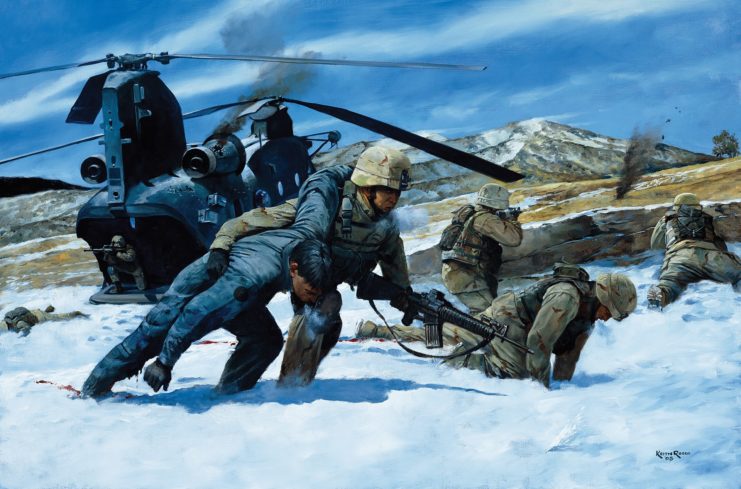
Almost as soon as John Chapman’s Chinook helicopter touched down, it came under immediate small-arms fire and was directly hit by a rocket-propelled grenade (RPG), causing a US Navy SEAL to fall from the aircraft onto the snow-covered hilltop below.
Unable to retrieve the fallen SEAL at that moment, the heavily damaged helicopter withdrew and landed seven miles away from the site. Chapman quickly took charge of his responsibilities, coordinating with a nearby Lockheed AC-130.
Although it wasn’t his main duty, Chapman volunteered to attempt a rescue of the missing SEAL from the enemy-controlled position. He engaged insurgents, swiftly neutralizing two before advancing toward another entrenched machine gun. The rescue team soon came under heavy enemy fire.
Despite sustaining serious injuries, Chapman continued to fight as the team struggled to escape. Believing he had succumbed to his wounds, the team ultimately made the decision to withdraw.
Controversy arises
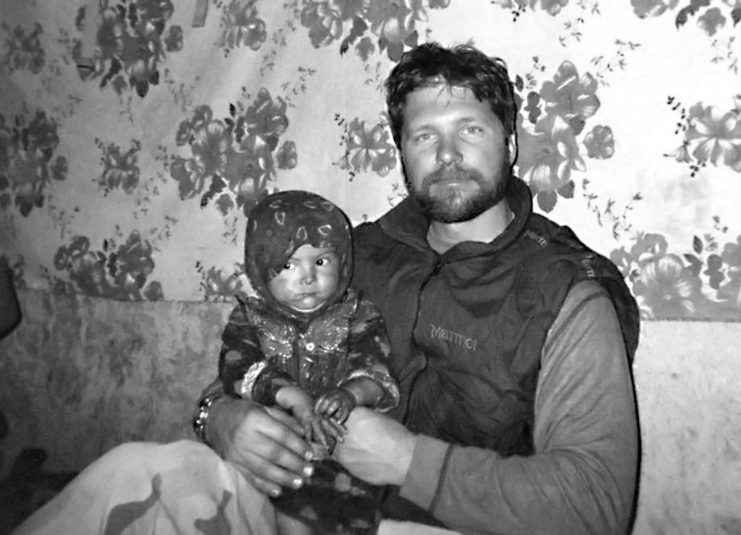
It’s here that controversy would arise and gallantry in the face of all odds would emerge. Many years after John Chapman’s gallant last stand, advancements in video technology revealed shocking additional details.
Chapman had survived the engagement and continued to fight after the team withdrew. In footage, he can be seen fighting enemy combatants, even dispatching one during hand-to-hand combat. He then made his way to a bunker, before a direct RPG hit ended his last stand.
John Chapman is posthumously awarded the Medal of Honor
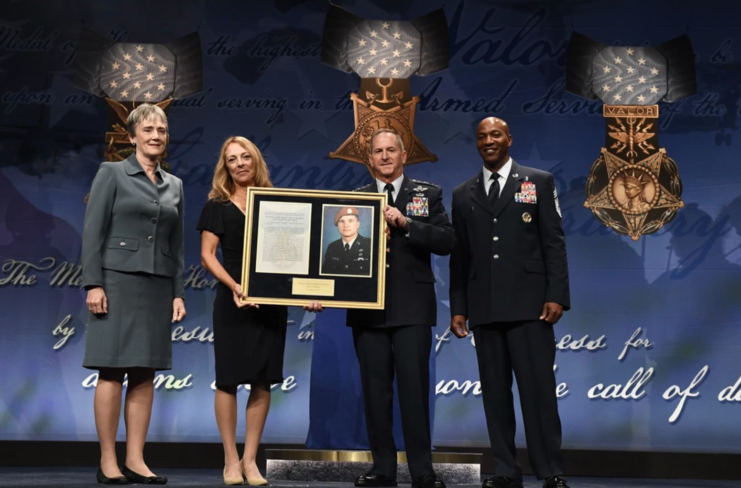
With the new information at hand, John Chapman, who’d posthumously received the Air Force Cross, had his award upgraded to the Medal of Honor. He was also posthumously promoted to master sergeant.
More from us: Gary Wetzel: The MoH Recipient Who Rescued His Commander, Despite Losing His Arm to Enemy Action
Want War History Online‘s content sent directly to your inbox? Sign up for our newsletter here!
While the Battle of Takur Ghar will forever be embroiled in controversy, the gallantry with which Chapman fought until the last moments of his life is beyond contestation. He will forever be enshrined in the halls of military history and has earned the eternal respect of any an all who know that he fought in the now infamous battle.
